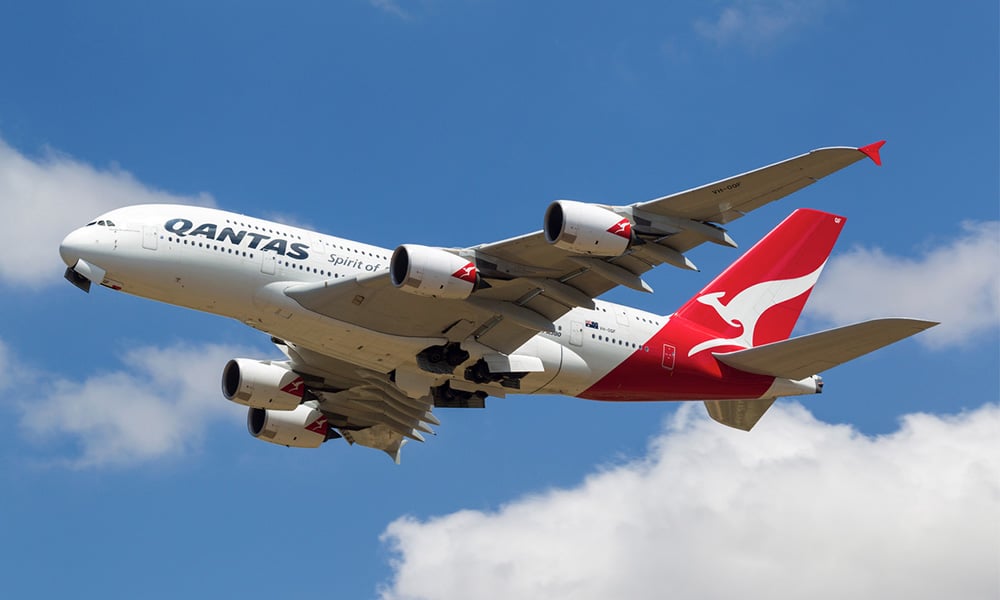
Employees also face a two-year pay freeze

Qantas has announced more redundancies and a two-year wage freeze for employees after hopes of restarting international travel this year were dashed by the government.
The airline said by the end of the 2021 financial year, it expects the total revenue loss from the start of the pandemic to reach $16 billion. While domestic travel has given the airline a much-needed boost, last week’s confirmation that Australia’s borders will not open until mid-2022 was devastating news for the aviation industry.
As a result, “several hundred” international cabin crew will likely face redundancy. Around 8,500 employees have already lost their jobs throughout the pandemic.
Read more: Qantas announces 2,000 job losses as it outsources ground handling operations
Announced in a trading update to the ASX this morning, Qantas estimated a $2 billion loss for this financial year. Domestic flying is expected to hit 95% of pre-pandemic levels, rising next year, while corporate travel has risen to 75% of pre-pandemic levels, and travel between Australia and New Zealand is increasing.
Qantas also confirmed staff will face a two-year wage freeze in the next round of enterprise agreements, as well as a 1% drop in annual increases after that period. Around 16,000 of Qantas’ 22,000 employees are currently working, which includes all domestic staff, corporate employees and some international crew.
Read more: Qantas court decision has huge ramifications
Qantas CEO Alan Joyce has pushed for a faster vaccine rollout and for the government to reopen the borders by the end of the year.
“We’ve adjusted our expectations for when international borders will start opening based on the government’s new timeline, but our fundamental assumption remains the same –that once the national vaccine rollout is effectively complete, Australia can and should open up,” he said.
“That’s why we have aligned the date for international flights restarting in earnest with a successful vaccination program.
“No one wants to lose the tremendous success we’ve had at managing COVID but rolling out the vaccine totally changes the equation. The risk then flips to Australia being left behind when countries like the US and UK are getting back to normal.
“Australia has to put the same intensity into the vaccine rollout as we’ve put on lockdowns and restrictions, because only then will we have the confidence to open up.”